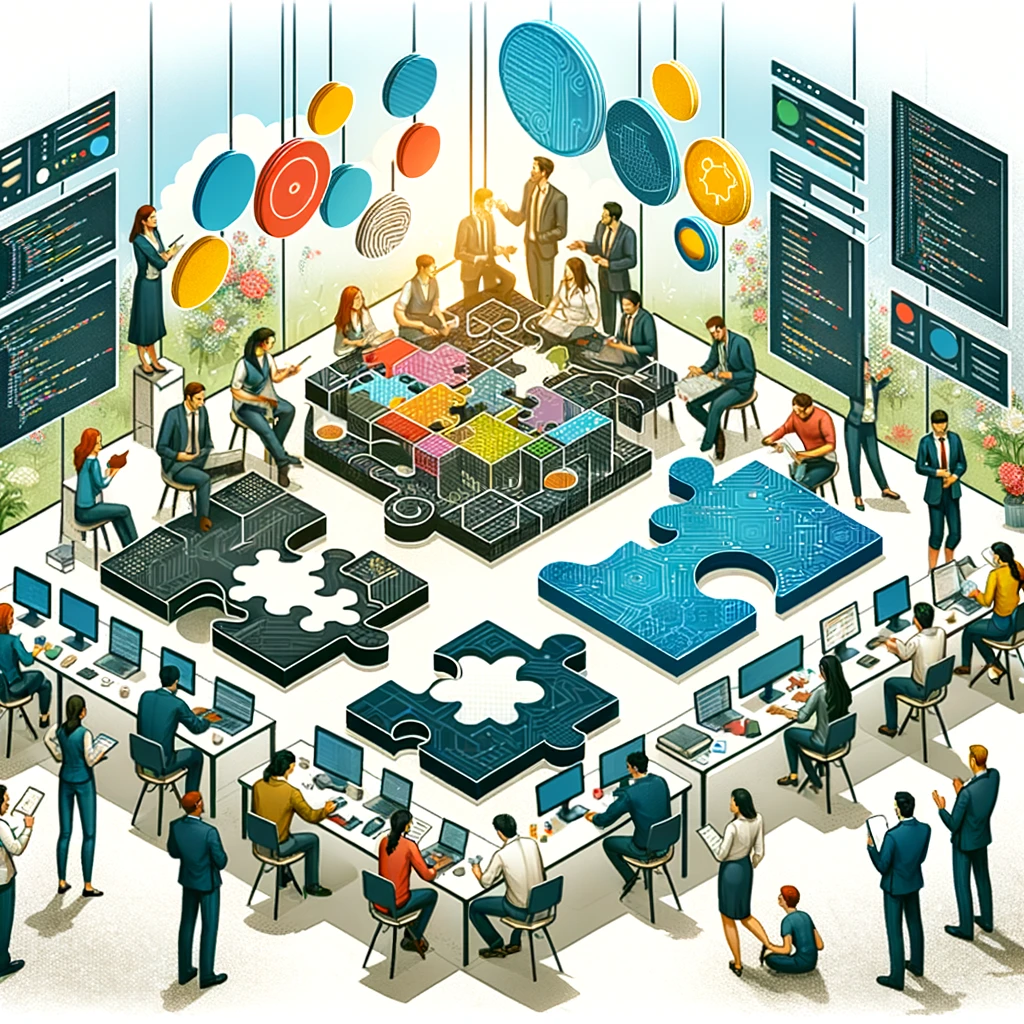
Ownership is not merely a concept, it’s the backbone that ensures accountability, quality, and the seamless operation of digital solutions. However, as projects scale and teams grow, maintaining clear lines of ownership can become a Herculean task. This is where DevOps enters the stage, not just as a methodology, but as a transformative philosophy that reshapes the very fabric of ownership in software engineering.
Understanding Ownership in Software Engineering
Ownership in software engineering refers to the responsibility and accountability that individuals or teams have over specific components of a project. This can range from code modules to entire systems. Clear ownership is crucial for several reasons:
- Accountability: Knowing who is responsible for what ensures that issues can be quickly addressed.
- Quality: Owners take pride in their work, striving for excellence.
- Efficiency: Clear ownership avoids duplication of effort and ensures that tasks are completed promptly.
However, traditional software development models often create silos, where developers write code and then “throw it over the wall” to operations teams for deployment. This can lead to a lack of accountability, as the responsibility for the code is diffused among too many stakeholders, leading to the infamous “It works on my machine!” syndrome.
DevOps: Bridging the Gap
DevOps, a portmanteau of “Development” and “Operations,” is a set of practices that combines software development (Dev) and IT operations (Ops). Its primary goal is to shorten the systems development life cycle while delivering features, fixes, and updates frequently in close alignment with business objectives. But beyond these technical goals, DevOps fundamentally changes the ownership model in software engineering.
Shared Ownership
One of the core tenets of DevOps is breaking down the silos between developers and operations teams. This creates a culture of shared ownership, where everyone is responsible for the software throughout its entire lifecycle. This means that developers are involved in deployment and monitoring, while operations teams participate in the development process from the beginning. This shared ownership ensures that everyone has a stake in the software’s success.
Continuous Integration/Continuous Deployment (CI/CD)
CI/CD pipelines automate the process of testing and deploying code. This automation ensures that code is always in a deployable state, which reinforces the sense of ownership among developers. They know that any code they commit is likely to be deployed to production swiftly, making them more accountable for the quality of their work.
Infrastructure as Code (IaC)
IaC is a key practice within DevOps that involves managing and provisioning infrastructure through code instead of through manual processes. This not only makes infrastructure management more efficient but also extends the concept of ownership to the infrastructure itself. Developers and operations teams collaboratively manage the infrastructure, ensuring that the entire stack is optimized for performance and reliability.
Monitoring and Feedback
DevOps emphasizes the importance of monitoring and feedback loops. By continuously monitoring applications and infrastructure, teams can quickly identify and address issues. This immediate feedback reinforces the sense of ownership, as teams can see the impact of their work in real-time and take proactive steps to improve.
Conclusion
DevOps is not just a set of tools or practices; it’s a culture shift that redefines ownership in software engineering. By fostering collaboration between development and operations, DevOps breaks down silos and creates a shared sense of responsibility. This holistic approach to ownership ensures higher quality software, more efficient processes, and ultimately, more successful projects.
In embracing DevOps, organizations are not just adopting a new methodology; they are reimagining what it means to own a piece of the software engineering puzzle. In this new world, ownership is not just about writing code or managing servers; it’s about taking collective responsibility for delivering value to users. And in this collective responsibility lies the true power of DevOps.